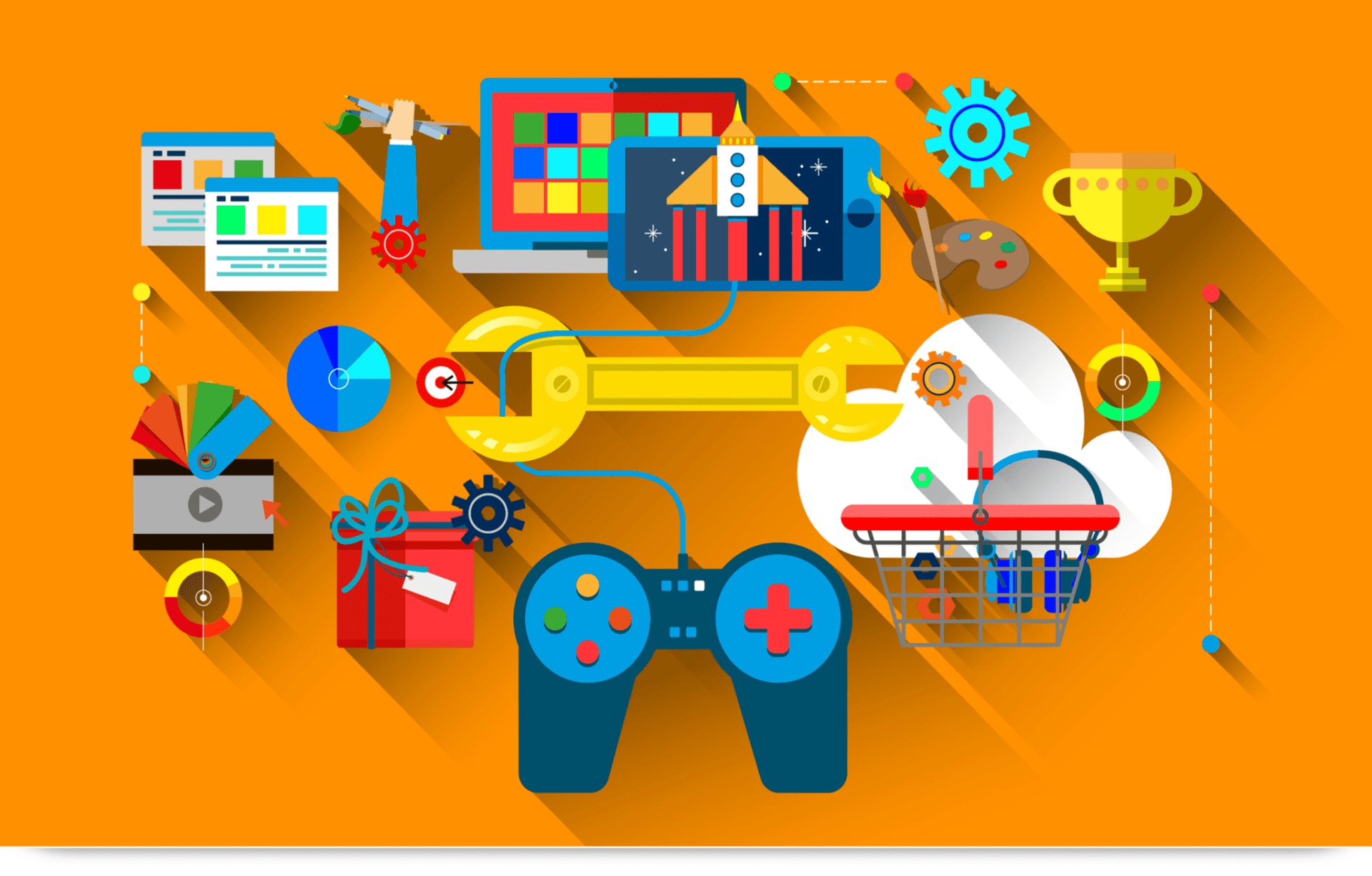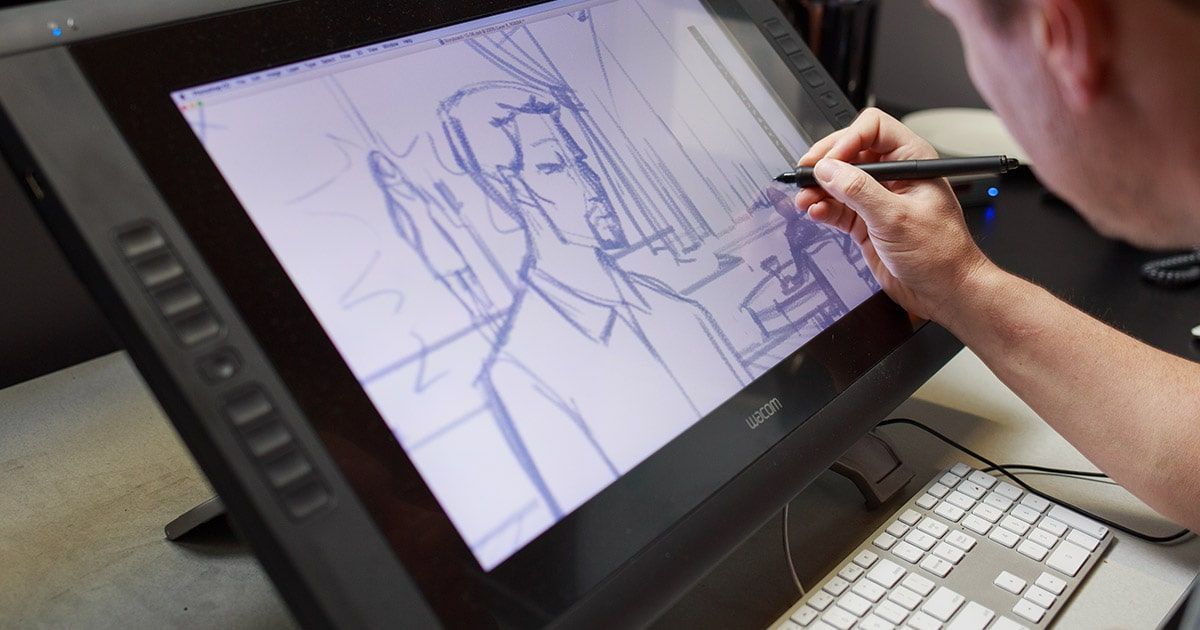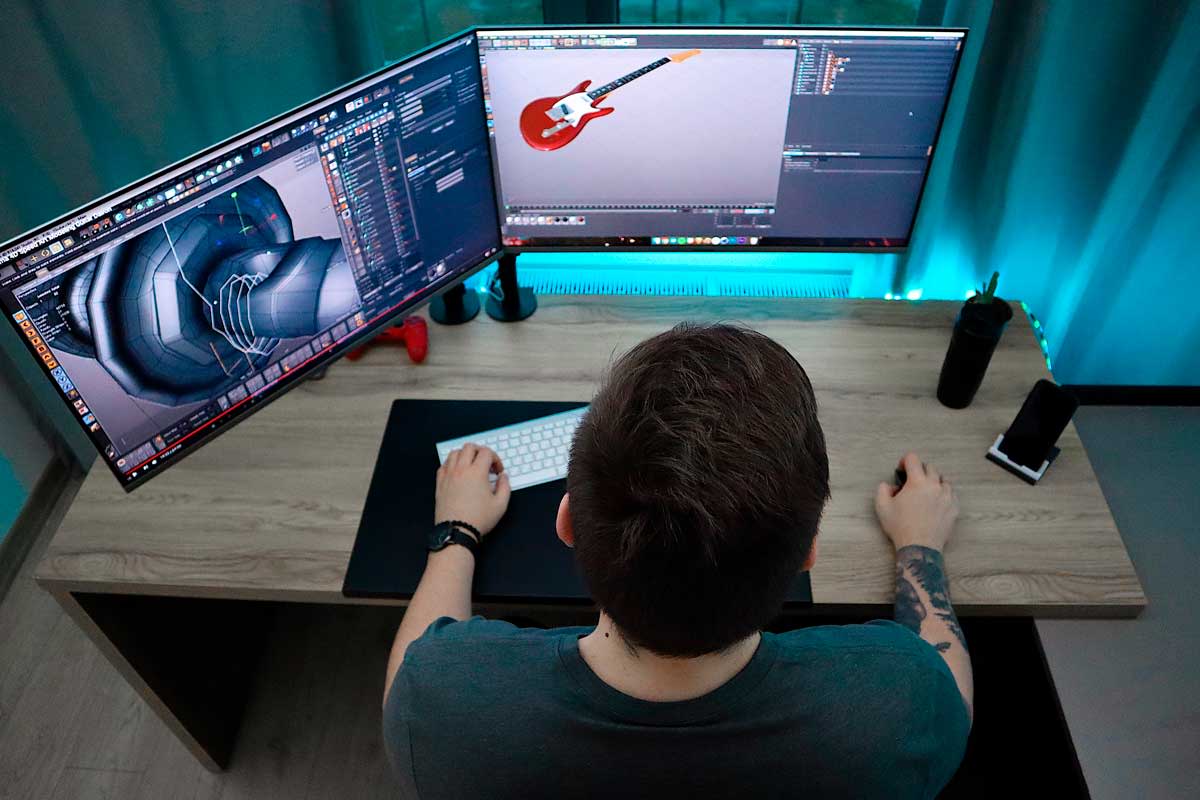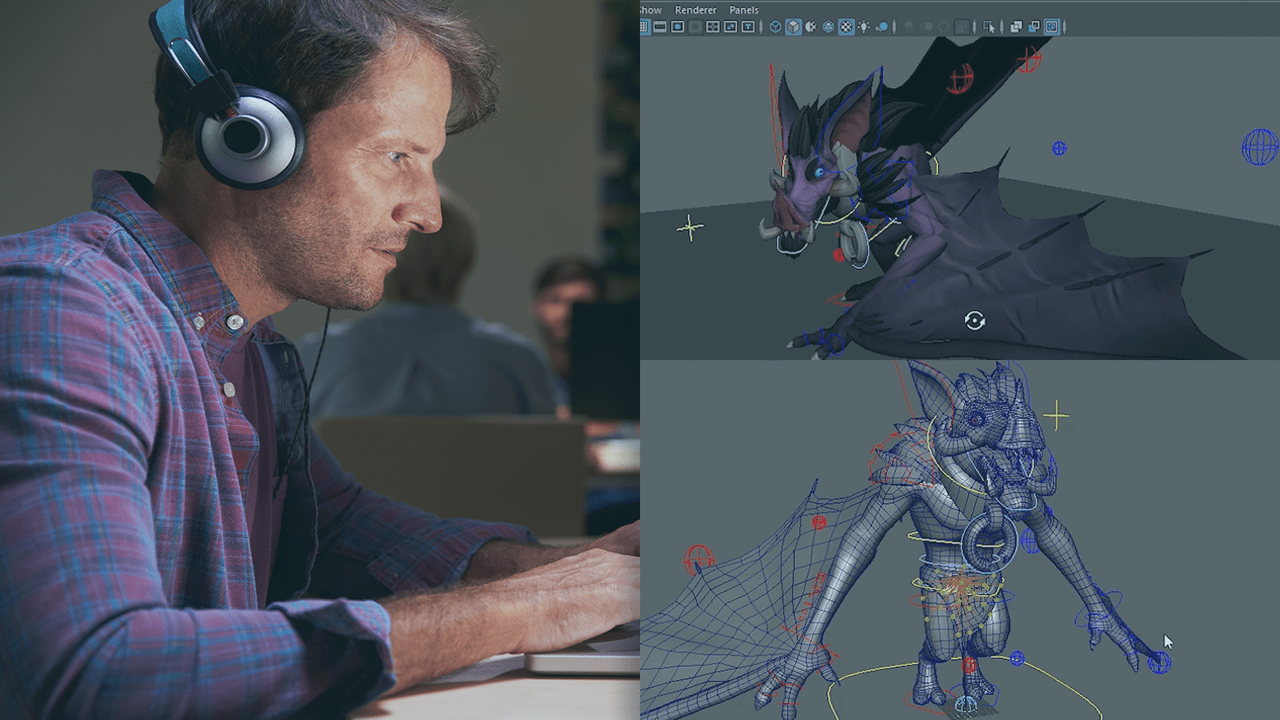
YES MOM! You can make $ playing games.
Maybe you want to make good money in a creative field, or maybe you want to make a job out of your favourite pass time. Whatever the reason may be, you’re considering a job in the video game industry. Whether you want to work on the next AAA title, or become the next big name in Game Application Development there is a path for you. Games are a collaborative medium that require the talent and hard work of people in a range of disciplines, spanning from audio, art, project management, narrative, and game programming. Here are a couple key roles that could be your path into the game industry.
Animator
If you’ve played a game (which I assume you have) you know it’s a visual medium. Long gone are the days when text based adventures required you to type in hyper specific commands in order to pick up an object or go through a door (and let’s be honest, we’re not sad about that). Now, players want to run, jump, grab, shoot, and bust a sick move, and the animator is responsible for making that happen.
Animation in gaming is similar to the animation you may know from giants like Pixar and Disney. Using storyboards, talented animators render 2D and 3D animations that allow players to exist in and interact with the world. As an animator, it may be your job to work on everything from objects falling over, to NPC walk patterns, to big dramatic cut-scenes. Animators can work full-time, part-time, or freelance, the latter giving you less security, but more choice in the projects you work on. If you’re a creative person who loves to juggle independent work with the needs of a larger team, this may be the perfect position for you. Oh, and exceptional artistic talent doesn’t hurt either.

Video Game Designer
Do you get jazzed imagining the layout of a level? Do you marvel at the smooth and easy to use menu designs? Are you a fan of puzzles and problems? You may be cut out for a position in game design.
Video Game Designers specialize in the creative aspect of video games that actually make them playable. Game controls, menus, and mechanics are their areas of expertise. If they do their job exceptionally well, only the nerdiest player will even notice. If they do their job poorly, everyone will know. But game designers don’t just concern themselves with the nitty gritty. They also design the progression of the game, and ensure that it moves forward in a balanced and entertaining manner. This is a fantastic career for those who paid close attention in math class, enjoy problem solving, and get stoked on the idea of game engines. Getting into game design opens up an array of project options, and team size can range from one independent developer to a large cohort of colleagues working closely to make the game work.

Software Developer
Are you a nerd for code? Then this job is for you. If you’re proficient with computer applications and you love to get into the weeds of the back-end, video game software development may be your ideal career.
Software Developers make the bones of your average video game, programming computer applications that allow others to perform tasks on computers or game devices. The player wants to interact with the world, and it’s your job to make that possible for them. With that said, if you’re a hardcore loner, this is may not be your gig. Software Development requires people to work closely with others, such as system engineers and computer programmers. If you think you can hack it (get it?) then this job can be stable, creative and very lucrative.

Audio Engineer
Unless you’re already into audio design, you may be surprised to discover how essential sound is in the creation of a video game. Whether you’re collecting treasure, shooting an AK-47 or trying to sneak around a carnivorous monster, sound can convey a huge amount of information, and creates a deep, rich, emotional engagement for the player. If you love making music or playing with sound design, a position in audio engineering might be perfect.
Audio Engineers capture the game’s essence by adding sound effects, recording and editing dialogue, and creating soundtracks that can be as iconic as the games themselves. Seriously, try playing Mario with the sound off, and you’ll shortly discover that it’s not nearly as fun. Audio engineers are the unsung heroes of many major games, as they help create the tone and mood that is so essential for successful titles.

Writer
Do you love to dream up stories? Do you predict the ending to every TV show? Have you been scanning this article for grammatical errors? You would make a great game writer.
Writers are essential to even the most basic of games. They’re responsible for everything from dialogue, to story trees, to item descriptions and optional world lore. Some of the most iconic games in the industry have lived or died on the quality of their writing. With that said, if you’re a dreamy independent person who wants total freedom to create a masterpiece, you might want to stick to your novel. Writing for games takes an enormous amount of organization and co-operation with other departments, and you need to be just as excited to write a list of cool gun names as you are to produce that oscar-worthy dialogue.

3D Modeller
Maybe you took some Art and Tech classes, and you always enjoyed the 3D modelling assignments. Well guess what? It’s more than a hobby. You can actually work on 3D Modelling and get paid handsomely for your trouble.
Games often feature huge, comprehensive worlds made entirely from scratch, which means that each object, obstacle and blade of grass need to be created in 3D space. Modellers focus on rendering objects, often in great detail, to bring those typical 2D virtual assets to life. Those that succeed in the field are detail oriented and artistic, and they excel at adapting to new software and practices. The game industry is always leveling up, so you’ll have to be ready to keep up with all the latest industry trends.

Character Rigger
Was geometry your favourite subject in school? Are you ready to take on the tiniest of details? You should look into a position as a Character Rigger.
Character Riggers focus on the anatomy of playable and non-playable characters, while manipulating geometry to create believable interactions within the game environment. Character Riggers work closely alongside animators, building skeletons that help the characters move freely and naturally. It may not seem glamorous, but the Character Rigger has a massive part to play in creating a world that feels authentic, and in many ways, they’re one of the most important members of the game development team.

Game application development requires a huge team of talented individuals who love what they do. It’s absolutely possible to make a living in games, and doing so can be incredibly satisfying. So, what are you waiting for? Get practicing! The industry can always use more talent and, with a little hard work, you might have your name on the next big hit.
Are there any links that could be put in each one of these career paths that could give more info, like “How to be a game programmer” or “Rules for writing games” I think if you hunt around you can find probably someone who has made an article that talks about what it takes to become each of these.
References
https://www.payscale.com/research/CA/Job=Animator/Salary
https://www.thebalancecareers.com/video-game-jobs-525965
https://www.payscale.com/research/CA/Job=Video_Game_Designer/Salary
https://www.gamedesigning.org/career/3d-modeler/
https://www.animationcareerreview.com/articles/character-rigger-career-profile
Pictures
https://www.gamasutra.com/blogs/JoshBycer/20190812/348441/The_Reality_of_Game_Development.php
https://www.lynda.com/learning-paths/3D-Animation/become-a-2d-digital-animator
https://tweakyourbiz.com/growth/personal-growth/video-game-designer-careers
https://granitedevices.com/career-senior-software-engineer/
https://darkhorseinstitute.com/audio-engineering-salaries/
https://www.pluralsight.com/courses/creature-rigging-games
https://www.thebalancecareers.com/living-the-writing-life-5-essential-rules-for-authors-2799945
https://www.format.com/magazine/resources/design/3d-modeling-software





